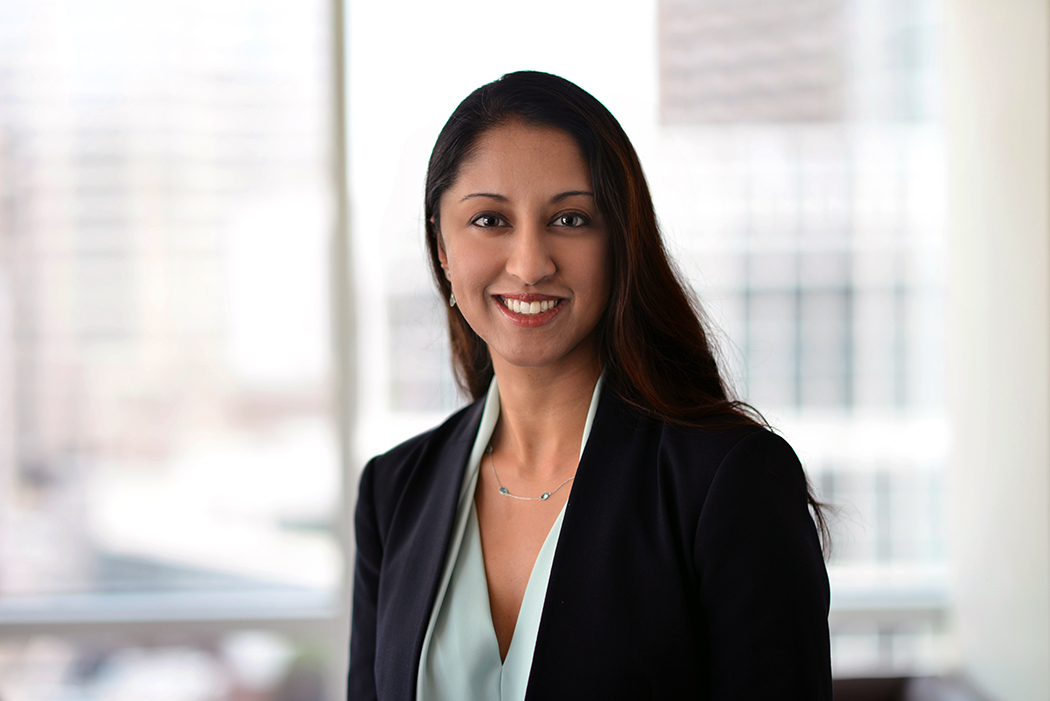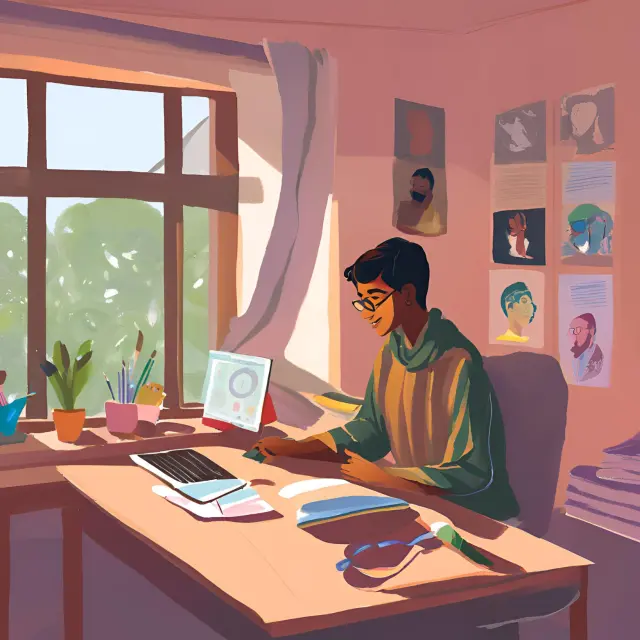Interview: Dr. Sharmila Anandasabapathy
[box type=”shadow” align=”” class=”” width=””]
Newsdesk: Please tell us about yourself
Dr. Sharmila Anandasabapathy: I am a Professor of Medicine in Gastroenterology at The Baylor College of Medicine in Houston. I am also Director of Baylor Global Health, overseeing our international programs.[/box]
[box type=”shadow” align=”” class=”” width=””]
Newsdesk: What motivated you to work in healthcare areas and particularly Gastroenterology?
Dr. Sharmila Anandasabapathy: I love the variety and type of work which I do in my current job. I see and treat patients with precancerous lesions of the esophagus, stomach, and colon which is inherently rewarding. I get to perform procedures, using a combination of technical and cognitive skills. I also do research in global cancer prevention, often in underresourced settings around the world- which is challenging, stimulating and exceptionally rewarding.[/box]
[box type=”shadow” align=”” class=”” width=””]
Newsdesk: You are both clinician and also a researcher. Which role do you enjoy most?
Dr. Sharmila Anandasabapathy: The combination of both together, particularly when they intersect.[/box]
[box type=”shadow” align=”” class=”” width=””]
Newsdesk: What trend are you seeing in medicine areas?
Dr. Sharmila Anandasabapathy: Rapid technological developments which provide incredible opportunities but also increased complexity around our relationship with those technologies (examples include software assisted diagnoses, mobile and digital tools for doctors but also patients).[/box]
[box type=”shadow” align=”” class=”” width=””]
Newsdesk: Tell us about your experience in GI cancer detection.
Dr. Sharmila Anandasabapathy: In the US, outside of the US (Africa, India, China, South America), mobile technologies, portable devices…and work in some very interesting locations![/box]
[box type=”shadow” align=”” class=”” width=””]
Newsdesk: We can see digital technologies, artificial intelligence, and other new technologies are combining in healthcare areas. What is your view of this trend?
Dr. Sharmila Anandasabapathy: I believe the technology moves faster than the people. That is, the pace of innovation and engineering is faster than our ability to accept, adopt, and integrate those technologies. Don’t get me wrong: I am a huge fan of technology. And I believe, that for areas of the world where access to specialized care and experienced providers is limited (subSaharan Africa), artificial intelligence and mobile, digital technologies provide access and capability that would otherwise not be possible. It is better to have a computer assisted diagnosis than NO diagnosis or that of an inexperienced provider, as we have seen in our own research. The key is to determine who the provider is, how they utilize the technology and how acceptable those technologies are to patients and different providers. Development of new technologies is important but equally important is an evaluation of how they perform in the field, how acceptable they are and what the barriers to dissemination are.[/box]
[box type=”shadow” align=”” class=”” width=””]
Newsdesk: What is your future goal?
Dr. Sharmila Anandasabapathy: To keep doing what I am doing but at a larger scale. Wouldn’t change the job, just the scope! [/box]
[box type=”shadow” align=”” class=”” width=””]
Newsdesk: Any other message for ComingTechs readers?
Dr. Sharmila Anandasabapathy: The world is small and disease has no borders. But the most transformative solutions are simple, robust, and accessible.[/box]
[divider style=”solid” top=”20″ bottom=”20″]
Find new and coming technologies at our site: https://comingtechs.com. Please subscribe our news form and add RSS to your favorite news reader.[mc4wp_form id=”153″]




Post Comment
You must be logged in to post a comment.